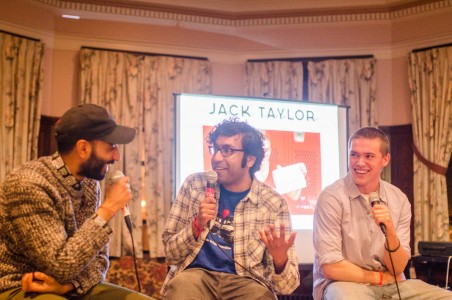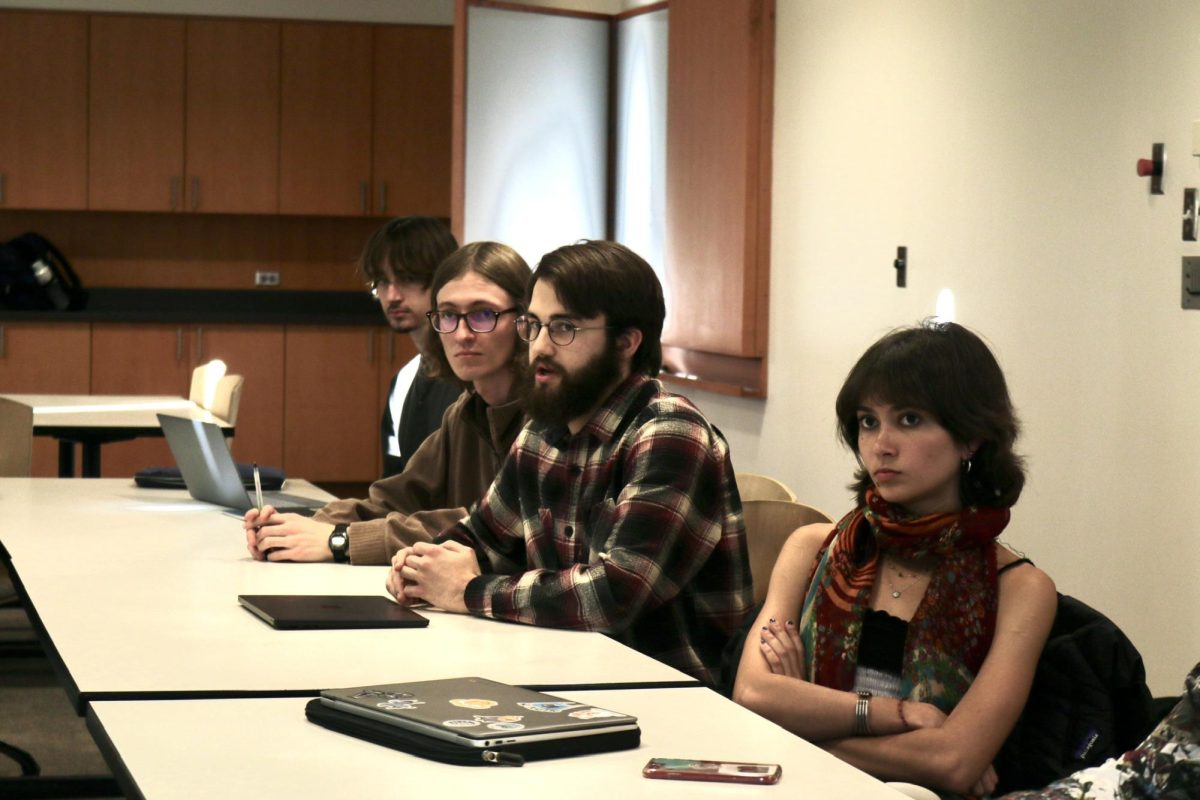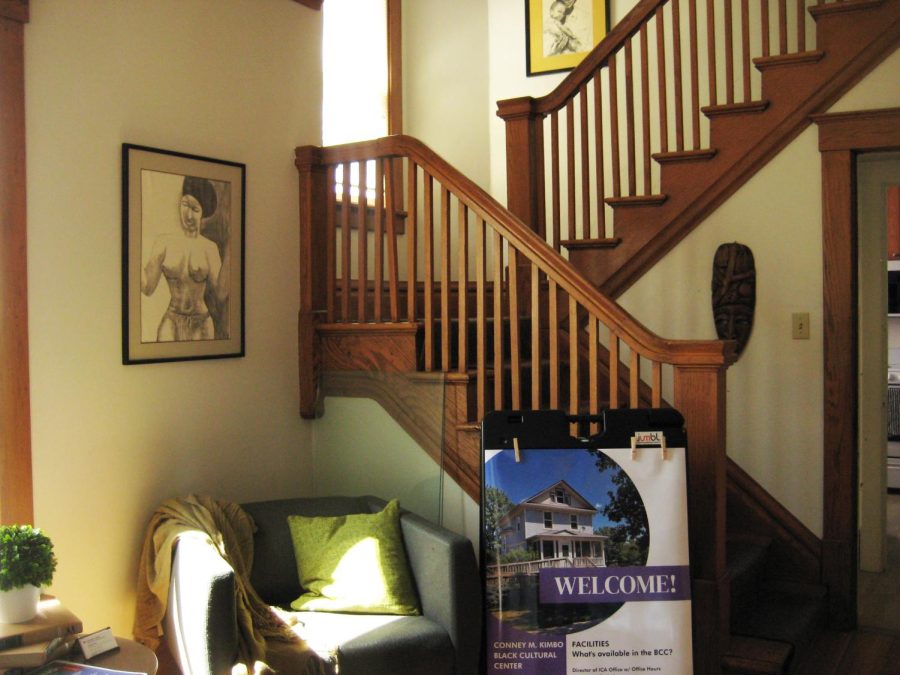Hari Kondabolu is an Indian-American stand-up comic on the rise. After graduating from Bowdoin College, he performed stand-up comedy on the side, while working as an immigrant rights organizer in Seattle. He has appeared on Conan and Jimmy Kimmel Live! The S&B’s Ruth Wu ’17 sat down with Kondabolu during his fifth annual visit to perform at Grinnell:
How did you get started in comedy?
I was never the class clown. I would take in information and I’d say something that was funny based on it. I felt like I was always a comedian without being a comedian that way. I watched a lot of comedy and had a sense of what it was. There was a comedy night at my high school aptly named “Comedy Night.” I did it through college and did open mics in Seattle where I was an immigrant rights organizer. I kept it part of my life and never stopped. I didn’t expect it to be a career, but I loved it and it ended up being my career.
How did attending a liberal arts college affect your comedy?
A liberal arts education teaches you how to structure an argument, and I make funny arguments, so going to schools like that affected my style. I am certainly the product of that kind of education.
What advice would you give to a student aspiring to be a comedian?
First thing is you need to watch as much as possible and to listen as much as possible. And I say listen, too, just because I think you learn a lot from what they say. Let’s say I’m in a corner of the room and I get an obstructed view. You don’t have visuals anymore. … So you need to really listen and watch comedy. And don’t just listen and watch what’s happening now. Old stuff, go back and listen because you’re going to get a broad range of styles and you’re going to get the roots of the form. … Don’t perform for friends. Try to perform for real people, [because] regular humans aren’t going to give you the benefit of the doubt. You want to prove to strangers that you’re funny. … You learn how to perform for people who have nothing invested in you. … Go up as much as you can. The [shows] that are soul-crushing are the ones that you have to go up after.
How do you generate your bits?
Everyone has their stories—I think the things I do well, and comedians do well is to note them down and to remember them because [we] know that we have to reuse them. … The next thing I do is try to build a context to them to make it work. How can I set up this situation so people who weren’t there can imagine it and think it’s funny? Part of it is travel, and part of it is really paying close attention and waiting. Every now and then you get lucky and a bunch of bizarre things happen. Everything has the potential to be comedy.
You’ve come back to Grinnell for the past five years to perform. What makes you keep coming back?
I don’t know! I feel like I could ask the same question like: “Why, Grinnell?!” But I connect with the students here, and they connect with me. It feels like I can just say whatever I want to say, don’t need to give too much context, and people know what I’m talking about. … Last year I got nominated as an honorary class member, and I get alumni mail even though I didn’t go here! I feel like this is all part of a weird legacy I didn’t expect to happen at this school. … I know that when I come here I can try new material and I trust this audience to give me a good gauge because I know they’re really smart and supportive. Because the crowds are so good, I end up writing a lot onstage and making new jokes. I trust the crowds and it’s a really special relationship. It feels magical and I love being here.





















































